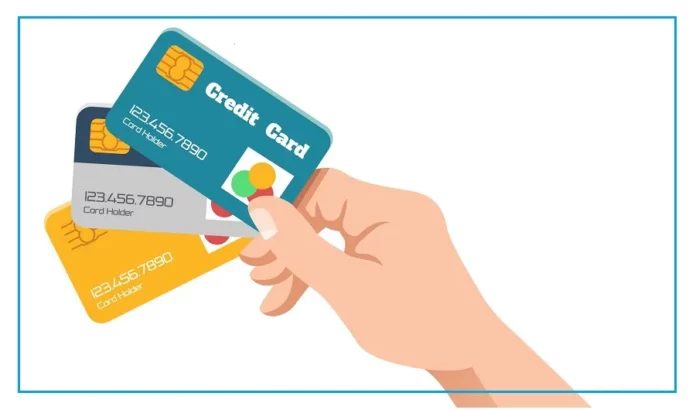Facing rejection for a conventional credit card due to a poor credit score or irregular income? Don’t fret.
Banks offer an alternative solution by issuing credit cards against Fixed Deposits (FDs), ensuring you access to credit facilities while providing security to the bank.
Why Banks Prefer FD-based Credit Cards
Credit cards backed by FDs are deemed secured, as they are tied to the customer’s FD account.
This arrangement offers the bank assurance that in case of default on credit card payments, they can recoup the outstanding amount from the FD. Typically, banks allow a grace period of 60-75 days for bill repayment.
Default? Bank Recovers from FD
Should a customer fail to settle their credit card bill within the stipulated timeframe, the bank has the authority to liquidate the FD to recover the dues.
Any surplus funds are then returned to the customer. Notably, credit cards are issued solely against regular FDs, excluding tax-saving FDs.
Interest Continues on FD
In the event of rejection for a standard or unsecured credit card, requesting a credit card against an FD becomes a viable option.
Virat Diwanji, Head of Consumer Banking at Kotak Mahindra Bank, confirms that customers enjoy all credit card perks while earning interest on their FD.
Credit Limit Considerations
Secured credit cards typically offer lower credit limits, often a fraction of the FD amount, usually ranging from 80-90 percent.
Banks generally issue entry-level credit cards against FDs. It’s essential to note that breaking the FD requires surrendering the credit card and settling any outstanding bills.
